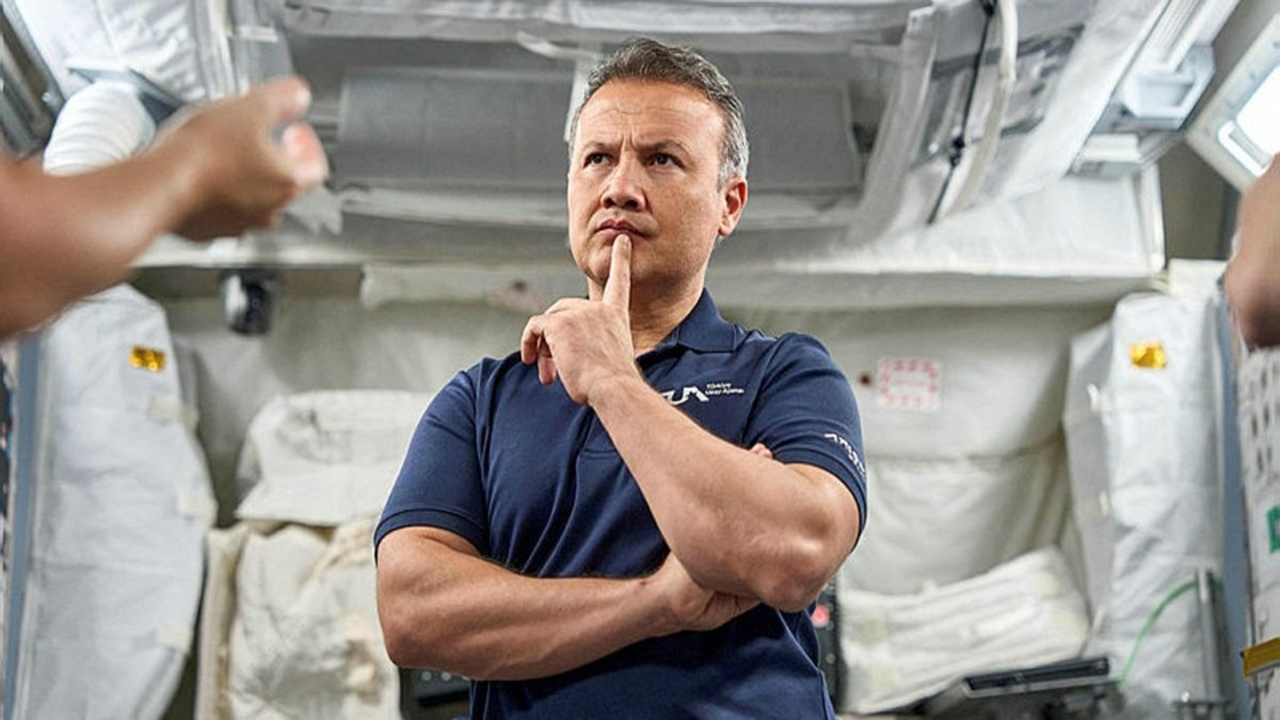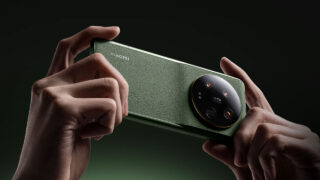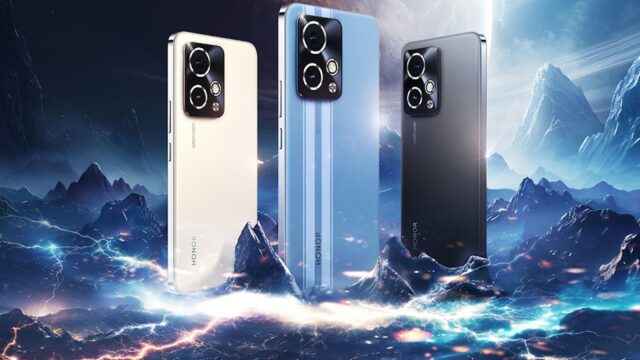Turkey’s first-ever human space mission project has been successfully realized. In the past hours, Alper Gezeravcı was sent into space aboard a SpaceX spacecraft, bringing pride to Turkey. Of course, the first words of the astronaut in space have recently emerged. Here are Alper Gezeravcı’s first words in space!
The first words of the first Turkish astronaut Alper Gezeravcı in space
In a YouTube video shared by Axiom Space under the name Ax-3 Mission, the first Turkish astronaut Alper Gezeravcı’s words were featured. Gezeravcı began his speech in space by quoting Mustafa Kemal Atatürk and his famous words, “The future is in the skies.”
Note: The speech of the first Turkish astronaut begins after 12:42.
“For the first human space mission of Turkey, as the first Turkish person takes a step into space at this moment, I want to start this moment with the words of our great founder, Atatürk. The ingenious words of the founder of the Republic of Turkey, Atatürk: ‘The future is in the skies!'”
Life support systems will be examined in space With the UzMan experiment developed by Boğaziçi University, tests will be conducted on the growth and resilience of microalgae species adapted to harsh conditions on Earth under zero-gravity conditions. Metabolic changes will be examined, and their carbon dioxide capture performance and oxygen production capabilities will be determined.
The EXTREMOPHYTE experiment developed by Ege University will compare some physiological and molecular responses in plants exposed to salt stress, both in space and on Earth.
Research on the effects of space conditions on human health will be conducted With the METABOLOM study conducted by Ankara University, the aim is to reveal the negative effects of space conditions on human health.
The MYELOID experiment developed by Hacettepe University aims to measure and evaluate the immunological damage caused by cosmic radiation that participants in the space mission will be exposed to.
The MESSAGE experiment developed by Üsküdar University aims to determine which immune cells will be directly affected by gravity in space missions.
Renewable energy sources will be explored in space With the ALGALSPACE experiment developed by Yıldız Technical University, a study will be conducted on the growth data of Antarctic and temperate region microalgae in space, comparing them for the potential use of polar algae in space.
The CRISPR-GEM experiment, also conducted by the same university, aims to understand and develop defense mechanisms against biological and non-biological stresses that occur during space missions.
Medical applications in space will be examined With the PRANET experiment prepared by Muş Science and Art Center students, the effect of propolis on bacteria in microgravity conditions will be investigated.
The VOKALKORD experiment conducted by Istanbul University plans to detect disturbances in the frequency change of the voice within the respiratory system physiology using smartwatch support and to investigate the effects of a weightless environment on the human voice.
The OXYGEN SATURATION experiment to be carried out by Nişantaşı University aims to identify differences and disorders caused by low gravity by calculating the oxygen level in the air given with artificial intelligence support.



 Shiftdelete.net
Shiftdelete.net













